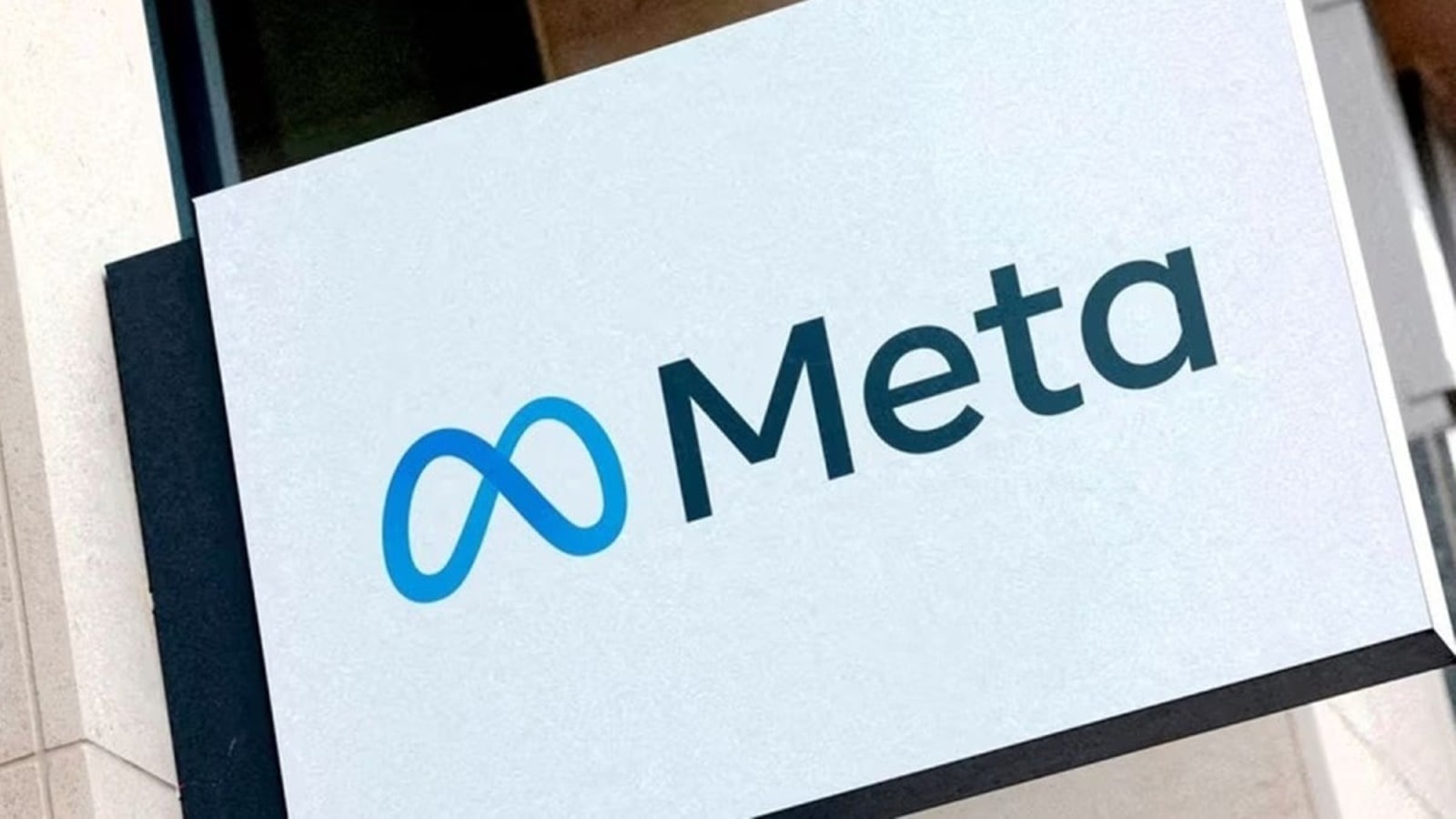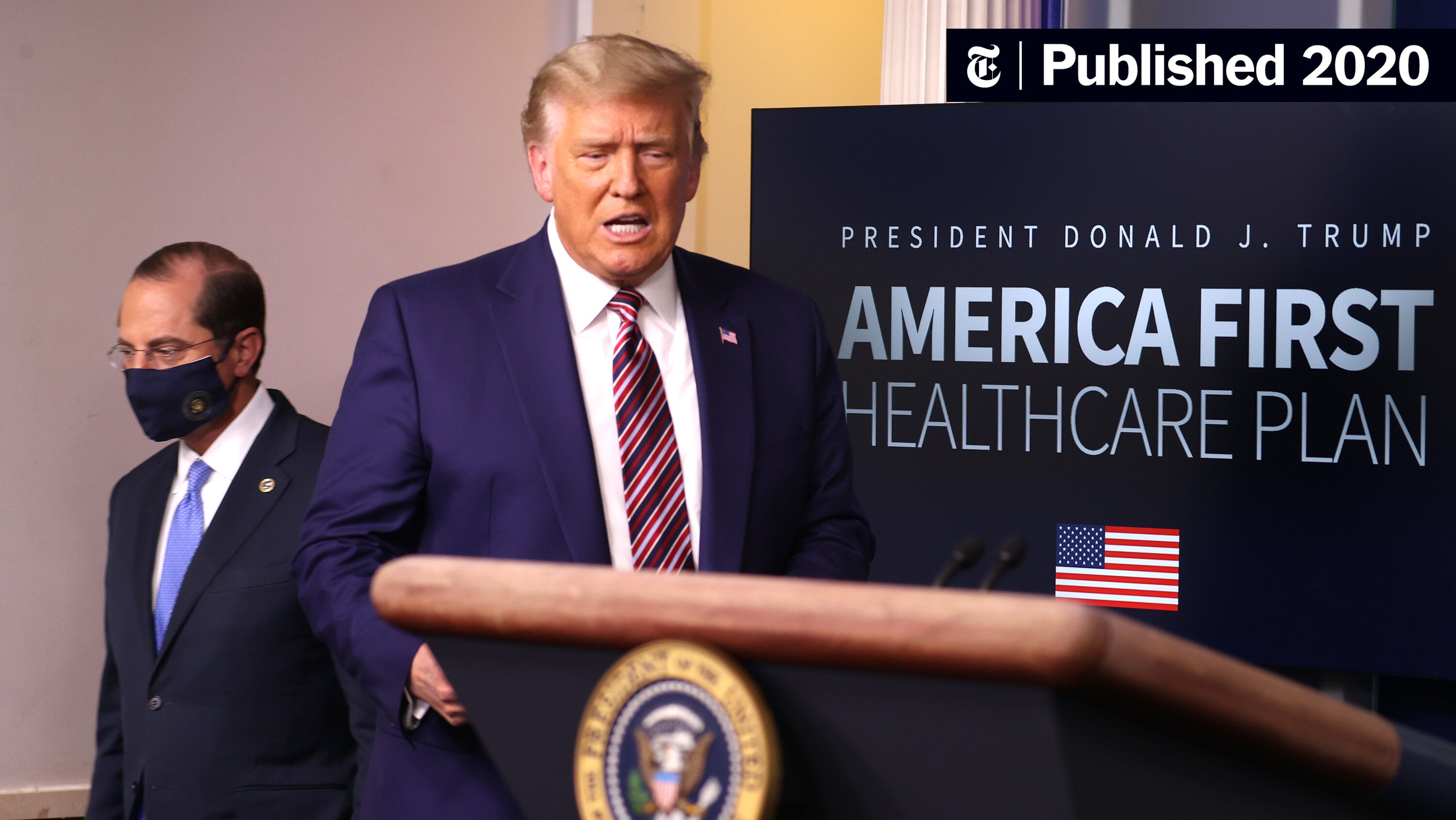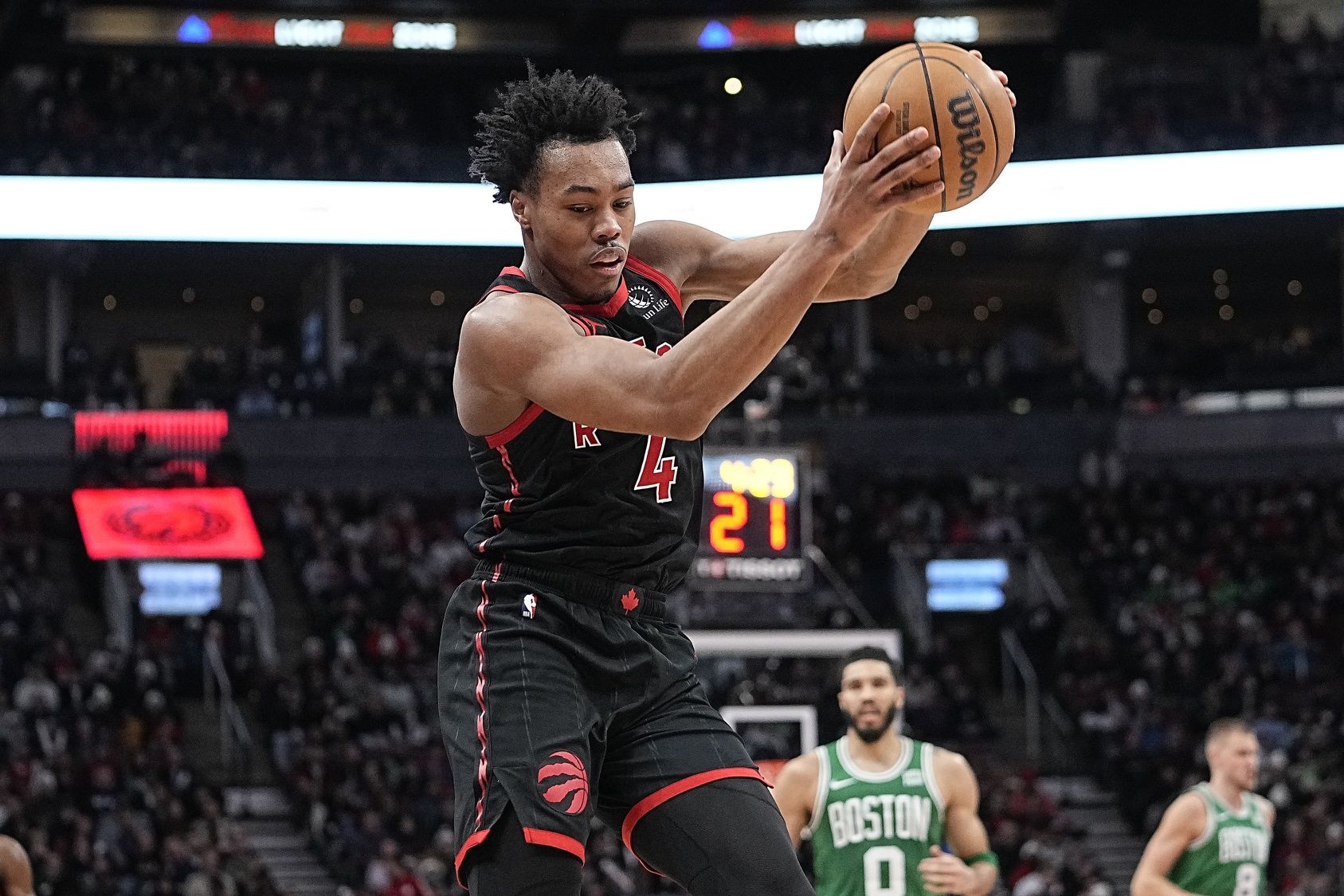FTC Vs. Meta: Understanding The Antitrust Arguments Surrounding WhatsApp And Instagram

Table of Contents
The FTC's Case Against Meta: A Monopoly Argument
The FTC's central argument in the FTC vs. Meta case hinges on the claim that Meta's acquisitions of WhatsApp and Instagram stifled competition, creating a monopolistic environment in the social media and messaging app markets. This assertion rests on two key pillars: the elimination of potential competitors and the exploitation of network effects.
Stifling Competition
The FTC argues that Meta's acquisitions prevented WhatsApp and Instagram from becoming significant independent competitors to Facebook. By absorbing these platforms, Meta allegedly eliminated potential innovation and reduced consumer choice.
- Reduced Innovation: The FTC suggests that independent WhatsApp and Instagram might have pursued different product strategies, fostering greater innovation in the social media and messaging space.
- Limited Consumer Choice: The acquisition, according to the FTC, lessened the variety of social media and messaging options available to consumers, potentially leading to higher prices or fewer features.
The FTC's filings cite internal Meta communications and market analysis to support their claims, arguing that Meta strategically acquired these platforms to neutralize threats to its dominance.
Network Effects and Market Dominance
A key element of the FTC's case is Meta's use of network effects. Facebook's vast user base created a powerful network effect, where the value of the platform increases with the number of users. The FTC contends that Meta leveraged this existing network effect to further entrench its dominance by acquiring WhatsApp and Instagram, making it even harder for competitors to gain traction.
- Network Effects in Social Media: The more users a social media platform has, the more valuable it becomes to both existing and potential users, creating a "winner-takes-all" dynamic.
- Data on Market Share: The FTC likely presented data demonstrating Meta's overwhelming market share before and after the acquisitions, reinforcing its argument about market dominance and anti-competitive behavior.
Meta's Defense: Innovation and Consumer Benefits
Meta vigorously defends its acquisitions, arguing that they have resulted in significant benefits for consumers and fostered innovation. Their counterarguments center on the integration of services and the prevention of anti-competitive behavior.
Integration and Enhanced Services
Meta asserts that integrating WhatsApp and Instagram with Facebook has resulted in improved services and new features.
- Enhanced Features: Meta likely points to new features or improved functionalities across its platforms as evidence of successful integration, aiming to showcase benefits to users.
- Increased User Engagement: Meta might present data showing increased user engagement or satisfaction as a result of the integration, demonstrating the positive impact on consumers.
This argument focuses on demonstrating the synergies between the platforms and emphasizing the positive outcomes for users rather than a focus solely on market competition.
Preventing Anti-Competitive Behavior
Meta counters the FTC's claims by arguing that its actions have not been anti-competitive. They might emphasize the continued presence of other competitors in the market and the ongoing innovation within the social media landscape.
- Maintaining Competition: Meta's defense could include examples of actions taken to encourage competition, though this aspect might be weaker considering the vast market share they hold.
- Counter-Evidence: Meta likely presented counter-evidence in legal proceedings to refute the FTC's specific claims of anti-competitive behavior.
Key Legal Arguments and Precedents
The FTC vs. Meta case hinges on several crucial legal arguments and precedents.
Defining the Relevant Market
A pivotal aspect of antitrust cases is defining the relevant market. In the FTC vs. Meta case, the debate centers on whether the relevant market is:
- Broadly Defined: The entire social media and messaging app market, including a wide range of platforms.
- Narrowly Defined: Specific niches within social media or messaging, potentially altering the assessment of Meta's market share.
Different interpretations of the relevant market significantly impact the assessment of Meta's market power and the validity of the FTC's claims. Legal precedent from similar antitrust cases will play a crucial role in defining this scope.
The Burden of Proof
Determining who bears the burden of proof is critical. The FTC must prove that Meta's actions were anti-competitive, while Meta can attempt to refute those claims.
- Legal Standard of Proof: This involves demonstrating that Meta engaged in anti-competitive practices that harm consumers. The specific legal standards and precedents are crucial for determining the outcome.
- Previous Similar Cases: Analysis of previous cases involving similar acquisitions will inform the legal strategies and arguments presented by both parties.
Conclusion: FTC vs. Meta: Implications and Future Outlook
The FTC vs. Meta case presents a complex battle between the FTC’s concerns about monopolistic practices and Meta’s arguments about innovation and consumer benefits. The key areas of contention remain the definition of the relevant market, the assessment of network effects, and the burden of proof in demonstrating anti-competitive behavior. The outcome will have profound implications for competition and consumer welfare in the tech industry, potentially setting precedents for future mergers and acquisitions. This case could also significantly impact the regulation of large tech companies and their expansion strategies. Stay updated on the developments in the FTC vs. Meta antitrust case and its impact on the future of digital platforms by regularly checking reputable news sources covering antitrust and tech industry developments. Follow the ongoing debate surrounding the FTC vs. Meta and its impact on competition.

Featured Posts
-
 Spory Vokrug Alimentov Sluchay S Synom Pevitsy Tamary Kadyshevoy
May 13, 2025
Spory Vokrug Alimentov Sluchay S Synom Pevitsy Tamary Kadyshevoy
May 13, 2025 -
 Trump Executive Order Targets High Drug Costs
May 13, 2025
Trump Executive Order Targets High Drug Costs
May 13, 2025 -
 Triumf Za Barnli Povratok Vo Premier Ligata So Lids
May 13, 2025
Triumf Za Barnli Povratok Vo Premier Ligata So Lids
May 13, 2025 -
 Nba Draft Lottery Raptors Top Seven Odds And Playoff Implications
May 13, 2025
Nba Draft Lottery Raptors Top Seven Odds And Playoff Implications
May 13, 2025 -
 Hollywood Pay Gaps The Colin Jost And Scarlett Johansson Case Study
May 13, 2025
Hollywood Pay Gaps The Colin Jost And Scarlett Johansson Case Study
May 13, 2025
